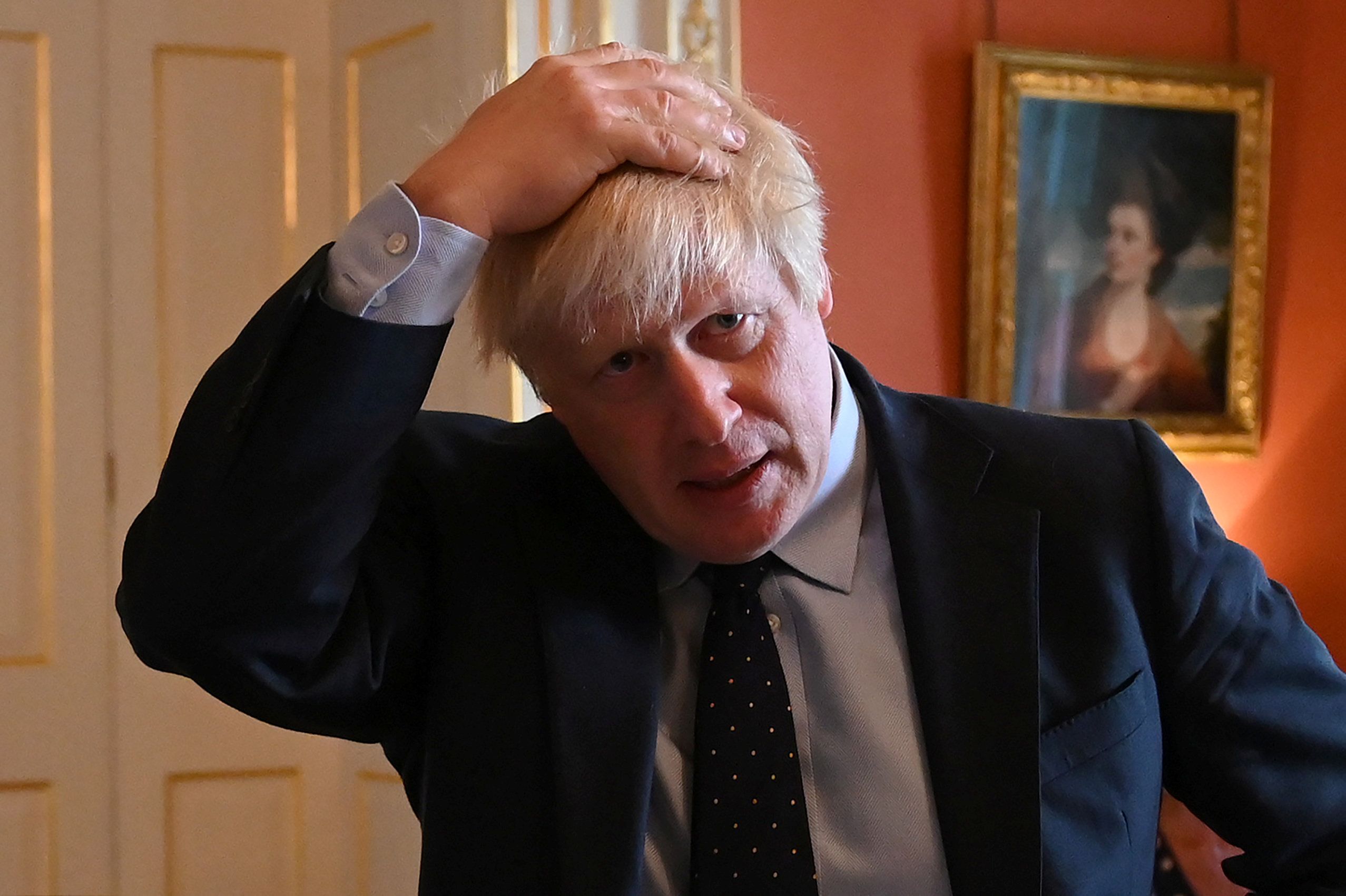September 03, 2019
It's been at least 125 years since a British prime minister lost his first vote in parliament, but that's exactly what happened last night in the UK's House of Commons. Just days after he stunned and infuriated lawmakers by suspending parliament for five precious weeks in the lead-up to the October 31 Brexit deadline, MPs paid him back in full by voting to take the Brexit agenda out of his hands. Nearly two dozen members of Johnson's Conservative party voted against him.
What's next? There may be a vote later today on a bill that would force Johnson to delay Brexit unless MPs back a new deal or vote for a no-deal exit.
Pro-government members of the House of Lords will now try every procedural maneuver at their disposal to prevent last night's bill from passing the upper house. If the bill passes anyway, Johnson has said he'll call snap elections in mid October.
But he would still need two thirds of MPs to ratify that decision too. That means the Labour Party will have to support the decision, and many of its members suspect that once the election is called and parliament is dissolved, Johnson will then move the election to November to push through Brexit before the vote can be held. After last week's move to suspend parliament, few outside his party see much reason to trust him.
Johnson has also moved to kick out nearly two dozen members of his party who voted against him yesterday. Others have resigned the party or have threatened to.
The bottom line: If the UK does go to elections soon, an outcome that appears increasingly likely, this will be the most wide-open election in recent memory. And at this point it's impossible to say what that means for Brexit.
CORRECTION: We originally thought William Pitt the Younger was the last PM to lose his first vote in parliament, back in 1793. But it appears that Archibald Primrose, 5th Earl of Rosebery had that distinction in 1894. We regret the error but love the history.
More For You
Bad Bunny during the Super Bowl LX halftime show press conference at Moscone Center.
Kirby Lee-Imagn Images
100 million: The number of people expected to watch the Super Bowl halftime performance with Bad Bunny, the Puerto Rican superstar and newly minted Album of the Year winner at the Grammys.
Most Popular
Think you know what's going on around the world? Here's your chance to prove it.
- YouTube
An imminent US airstrike on iran is not only possible, it's probable.
Americans are moving less — and renting more. Cooling migration and rising vacancy rates, especially across the Sunbelt, have flattened rent growth and given renters new leverage. For many lower-income households, that relief is beginning to show up in discretionary spending. Explore what's changing in US housing by subscribing to Bank of America Institute.
© 2025 GZERO Media. All Rights Reserved | A Eurasia Group media company.
